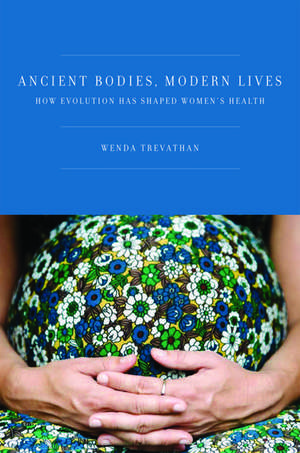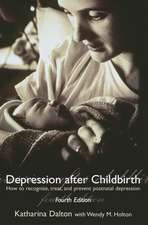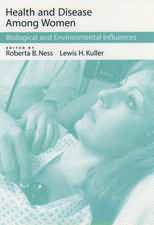Ancient Bodies, Modern Lives: How Evolution Has Shaped Women's Health
Autor Wenda Trevathan, Ph.D.en Limba Engleză Hardback – 29 iul 2010
Preț: 308.83 lei
Preț vechi: 350.04 lei
-12% Nou
Puncte Express: 463
Preț estimativ în valută:
59.10€ • 60.97$ • 49.31£
59.10€ • 60.97$ • 49.31£
Carte tipărită la comandă
Livrare economică 17-22 martie
Preluare comenzi: 021 569.72.76
Specificații
ISBN-13: 9780195388886
ISBN-10: 0195388887
Pagini: 272
Ilustrații: 34 illustrations
Dimensiuni: 236 x 163 x 28 mm
Greutate: 0.54 kg
Editura: Oxford University Press
Colecția OUP USA
Locul publicării:New York, United States
ISBN-10: 0195388887
Pagini: 272
Ilustrații: 34 illustrations
Dimensiuni: 236 x 163 x 28 mm
Greutate: 0.54 kg
Editura: Oxford University Press
Colecția OUP USA
Locul publicării:New York, United States
Notă biografică
Wenda Trevathan, PhD, is the Regents Professor of Anthropology at New Mexico State University. A biological anthropologist whose research focuses on the evolutionary and biocultural factors underlying human reproduction, she published Evolutionary Medicine and Health: New Perspectives in 2008 with OUP.




















